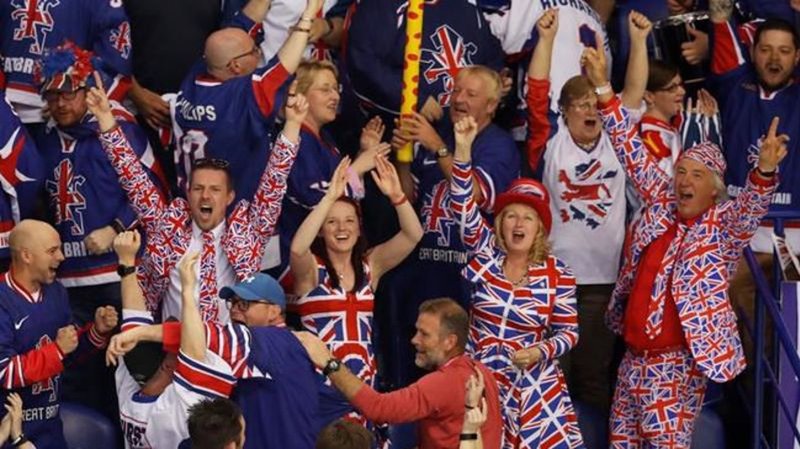
British hockey fears virus could put sport on thin ice
Ciaran Long found work delivering books to Northern Ireland’s libraries. Luke Ferrara caught on with a team in France before switching to a squad in Poland.
Both would prefer to be skating with their British ice hockey teams — Long for the Belfast Giants and Ferrara for the Coventry Blaze.
If the Elite Ice Hockey League is unable to squeeze in a condensed season in early 2021 after suspending its scheduled start in September, the players fear that British hockey could be set back years. Time is running out.
“Everyone would be grateful if we can get something going within the next couple of months,” said Long, a 29-year-old left wing. “For the future of the league, I think it would be great if anything happens.”


